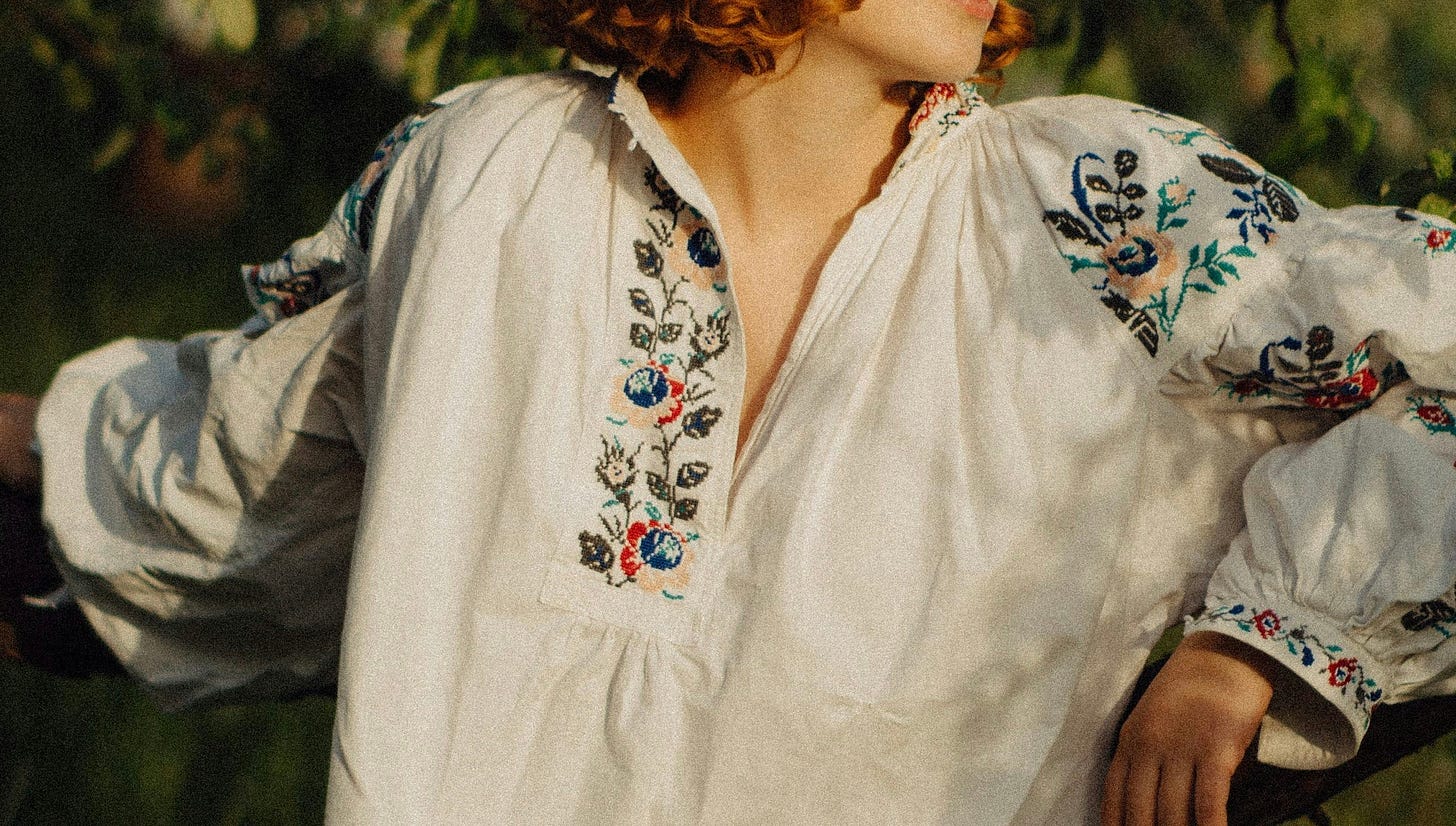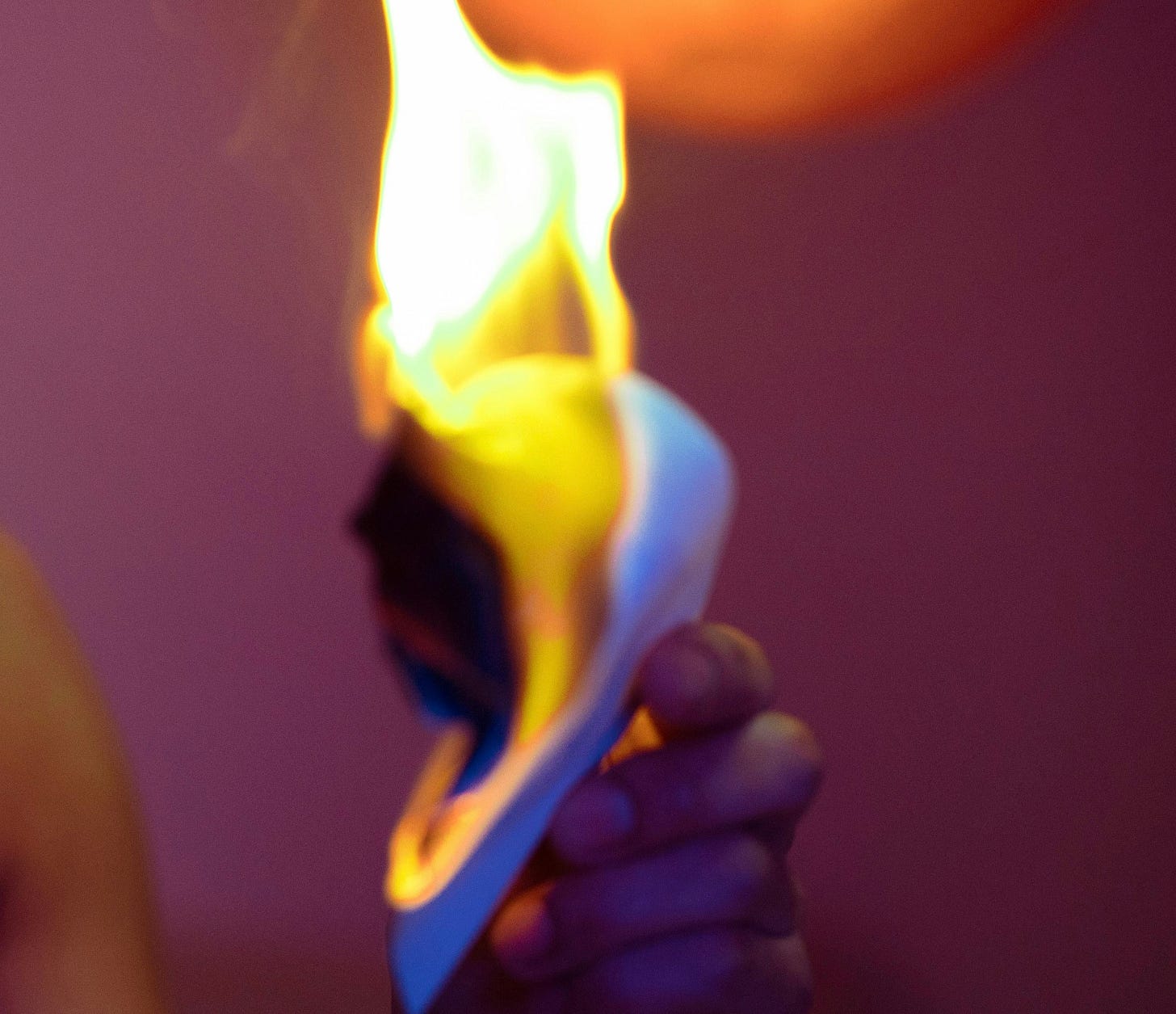The Blues & Billie Armstrong 34
BURN BABY BURN
Previously in The Blues & Billie Armstrong…
Molly had fretted about the cost but agreed to try it once and even to consider making it a regular thing for the summer months—if all went well that night. No one knew ahead of time that it would turn out to be a historic performance. (Well, maybe Nate and Billie knew.)
The band was still setting up when I got to the Weeping Willow parking lot.
The big Chevy station wagon that belonged to Nate’s mom was backed up to the door, and Billie was helping Nate and the others lug equipment through the game room and out to the patio. Billie yoo-hooed me over to help with a large speaker cabinet. As we worked, I told her briefly that I’d been to see Frankie and had other news, and Billie said, “Oh, we need to talk, I want all the details.” She seemed excited, promising we’d catch up later that night.
Just seeing her, I felt some of the accumulated dread of the past several days melt away. She’d swapped her waitress uniform for the muslin dress she’d bought at Frankie’s store, with the colorful embroidery and a purple sash at her waist. Beads and bangles in abundance, her red hair unleashed, the huge tinted sunglasses. Some customer served by her a few hours ago might not even recognize her now, hands on hips, mock bragging how she was Mellow Day’s official groupie, roadie and sound-chick all-in-one.
The band opened up with Light My Fire by the Doors. Out on the patio in the warm twilight all the picnic tables were filling up and several people were in line at the walkup window. Molly had to be pleased with the crowd. Teenagers mostly, but older than me—weekenders’ sons and daughters in trunks and bikinis, local highschoolers in tees and cutoffs, sitting on the benches and tabletops and standing along the railing, heads and shoulders bobbing with the beat.
I sat at a strategically located table with Billie and Alice Terwilliger. Billie helped Nate get the amplifier settings just right with a series of hand signals during the first couple numbers, then she whooped and hollered and clapped along to every song, and whirled around the patio on her bare feet. “Look at her go,” said Alice.
“Crazy, huh?” I said.
“Amazing,” Alice said. “So free.”
Hank Timmons sat on top of another picnic table with his cousin Trey Morgan. Their mothers were sisters, but Trey and Hank were more like brothers than cousins. Grew up playing together, fighting, competing, teaming up. Same sandy blonde hair, but Trey smaller, leaner and more tightly wound, more of a ne’r-do-well, the kind who got in fights, dropped out of high school and went to work at his dad’s body shop. At the same table sat Timmy Bilderback and Joey Quarterman, slightly separate, watching Hank and Trey closely, like nerds fetishizing the cool kids. All four watched and pointed at Billie dancing by herself, and they joked and laughed and arm-punched each other.
Hank strode out to Billie and started to dance as if joining her, but she simply spun and twirled away, weaving between other dancers, uninterested in partnership, possibly with anyone, but definitely with Hank. Trey and the other boys laughed and pointed and furtively took turns on a pint-size bottle in a brown paper bag. Hank came back to the table, jerked the bottle away from Trey and took a big couldn’t-care-less swig.
Alice Terwilliger stood up in her white bellbottoms and fake leather fringe vest like one of those desperately uncool models in the teenage section of the Monkey Ward catalog. She politely but awkwardly excused herself past several dancing couples, and when she reached the front of the crowd she started to dance a few steps away from Billie, slowly and tentatively. But Billie turned and welcomed her with bright eyes, laughing and dancing toward her, and Alice broke into a big girl-party smile.
Trey pointed and sucker-punched Hank’s arm. “Hey, maybe she bats for the other team,” Trey said. Hank scoffed, rubbed his arm, took another drink from the paper bag.
It appeared the live music experiment was a complete success for all—the band, the Weeping Willow and the customers—right up until Nate stepped to the microphone and said, “We want to dedicate this next song to the students at Kent State and Jackson State who were murdered by government pigs!” The chatter of the crowd turned to the cacophony of confusion. The drummer started up on hi-hat and snare, tick-tick-pop, tick-tick-pop, and the band launched into John Fogerty’s Fortunate Son, a song that calls out the long tradition of poor boys fighting the wars that rich men start and benefit from.
At the end of the song Nate pulled a wallet-sized piece of paper from his shirt pocket. His voice crackled as he read. “Nathaniel P. Henderson… Selective service number… twenty-eight… four… fifty-three… one-nine-seven.” Some laughed nervously, some raised their glasses, a few clapped. We all knew Nate was reading from his draft card, and when he pulled a Zippo lighter out of his pocket and sparked it up, there were gasps and shouts of oh-no! and don’t! But Billie yelled, go for it! And Nate touched the flame to the corner of the card and held it high for the crowd to see. Burn baby burn, Billie said.
One guy started to chant, give peace a chance, and others joined in. I wanted to join in, too. I gathered breath and opened my mouth… but Hank suddenly stood and started shouting USA, USA, knocking his bottle on the table in rhythm. Trey and Timmy chanted along, but no one else. Give peace a chance was drowning out USA USA, and Hank gave a dismissive, disgusted wave toward the stage, and a let’s-go jerk of his head to his table, and the four boys walked off, disappeared into the game room and toward the parking lot, to a smattering of laughter and reinvigorated chants of give peace a chance, give peace a chance.
Billie, Alice and I were helping the band load their stuff back into Mrs. Henderson’s car.
Sonny was there too, carrying out the heaviest amplifiers two-at-a-time. Clusters of kids still milled around the parking lot. Hank’s Mustang came rolling in off First Street, glasspack muffler rumbling low, Trey sitting shotgun, the younger boys stuffed in the back seat. Hank’s window was down, and he brought the car to a stop right behind the station wagon. He stuck his head out and yelled to the little crowd, “Hey everybody, party at space 19. Come on by.” And someone in the crowd said, Yeah, party down! Then Hank pointed at Billie. “You too,” he said. “You can even bring your commie boyfriend.”
“Oh yeah, definitely,” Trey said. “Bring that wuss along!” And he cackled.
“Calm down, Trey,” Hank said, then back to Billie in a friendly voice, “We’re gonna make Harvey Wallbangers. You should come.”
“I just might,” Billie said, with a smirk and a hand on one hip. “And he’s not my boyfriend.”
The Mustang rolled away.
“I’d be careful with that one,” Sonny said.
“Hank? Oh, he’s harmless,” Billie said. “Just blowing off steam, probably trying not to think about where he’s headed in a couple weeks. I bet he’s more afraid than he lets on.”
Sonny said, “You never know how fear shows up.”
The Blues & Billie Armstrong is a work of fiction. Names, characters, businesses, places, events and incidents in this book are either the product of the author's imagination or used in a fictitious manner. Any resemblance of the fictional characters to actual persons, living or dead, is purely coincidental.
© All Rights Reserved



